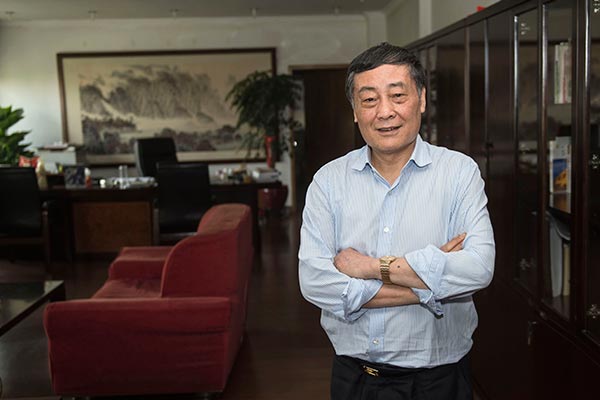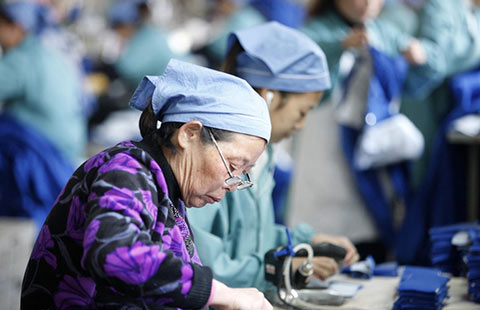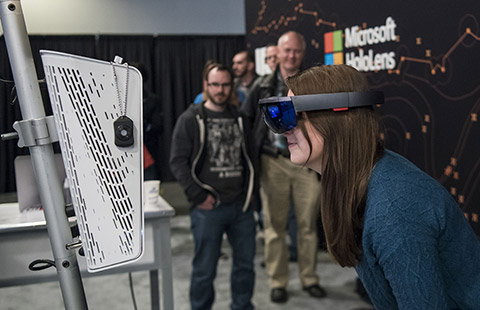Wahaha expands robot production to transform business
By Cai Xiao in Hangzhou (China Daily) Updated: 2016-04-06 07:17
 |
|
Zong Qinghou, chairman of Hangzhou Wahaha Group Co Ltd. |
The value of the investment was not revealed, but Chairman Zong Qinghou told China Daily the figure could be significant.
"Besides sticking to our main business of beverages, we will largely develop intelligent manufacturing to promote our company's business transformation and upgrading," said Zong, who ranked fourth in the mainland on the 2015 Hurun Rich List, with a personal wealth of 120 billion yuan ($18.57 billion).
Zong said the company is seeking robot technologies from Israel for its new factory to be built in Lin'an in East China's Zhejiang province.
"We are also talking with Israel's Tel Aviv University and Peking University to set up a technology transfer center in Hangzhou, which will help Israel's intelligent technologies find a Chinese market," said Zong.
Wahaha has been involved in robotic research and development since 2011. It has developed industrial robots, which are used for packaging, palletizing and production material delivery.
At the end of 2015, Wahaha had 30 industrial robots in its own factories. In 2016, another 100 will be put into operation.
Zong added that the competition in the Chinese robot market is fierce and the company is also developing key parts of robots, such as servo motors and servo drives.
"We look favorably on the prospects for the industry," said Zong.
The world's second-largest economy is already the leading market for industrial robots, accounting for a quarter of global sales, according to the International Federation of Robotics. Between 2010 and 2014, the total supply of industrial robots in China increased by about 40 percent per year on average.
But still, for every 10,000 employees, there were only 36 robots in China, compared with 478 in South Korea, 292 in Germany and 164 in the United States in 2014.
Ma Si contributed to this story.
- Yong Sheng buys up leading French lace producer Desseilles
- BP joins hands with CNPC to tap into shale gas potential
- Great home appliance revolution happens in China
- Anbang takes big stakes in leading banks
- HNA offers $340m for controlling share in Tysan
- China's bank card issuance at 5.44 billion
- Alibaba promotes e-commerce in Xinjiang cities
- 'Small rice' Xiaomi goes big with smart cooker

















